If you are into gardening or farming, no wonder you have heard the name of Hydroponics before. Hydroponic gardening is becoming popular, especially among the urban public. With a fair bit of knowledge, you can easily reap the rewards with this cultivation method. If you are a newbie to the subject, this is the best place to learn about Hydroponics. We will try to keep everything simple and comprehensive throughout the article. Let’s get started.
What is Hydroponic Gardening?
Hydroponic gardening is growing plants in water instead of soil. In this cultivation method, the soil is out of the equation. The water provides nutrition to the plants via the roots. You can grow veggies, fruits, and herbs in a hydroponic garden. Since the soil is irrespective, the space required is very limited; you can even grow plants indoors without much of a problem.
Hydroponics is a Greek word. It is a combination of hydro (water) and ponics (the labor). Although this word is relatively new to most of us, the concept of Hydroponics runs back thousands of years. The highest point of Hydroponics was seen when NASA implemented this system to feed their astronauts in the space station.
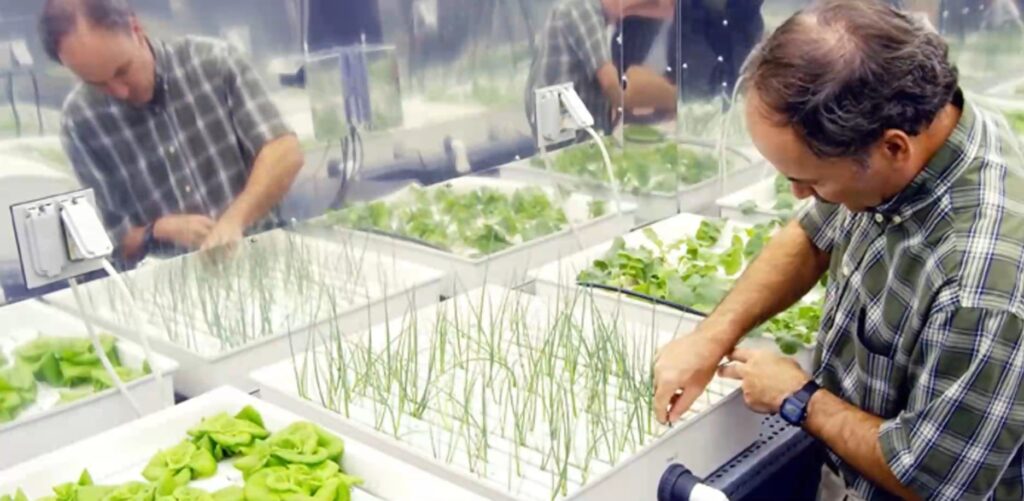
So, it says that Hydroponics is the future of cultivation. For those who have a green thumb, we feel it is imperative to learn about this highly efficient horticulture system to get the maximum out of their abilities.
Advantages of Hydroponic Gardening
In order to keep you motivated, we thought it would be best to discuss the benefits of hydroponic gardening.
Hydroponics needs limited space.
This is the primary benefit of Hydroponics. The first reason for this is you don’t need soil to grow plants. Also, there are horizontal and vertical hydroponic gardening systems available to save the precious space of your garden and household.
In fact, the norm is that you can save more than 90% space in Hydroponics compared to traditional or ordinary cultivation methods. The roots of the plants have no chance to spread in this system; instead, they dangle in the water, which is another reason why you don’t need that much of space.
Hydroponic gardening saves water.
This might raise your eyebrows because we said the water acts as the soil in Hydroponics. But, you will be amazed to learn that hydroponic gardening systems save around 98% of water than soil-based cultivation. You know the importance of water, and we are not going to preach about this in this article. So, if you live in a water-restricted area, hydroponic can be your friend to grow your own stuff at home.
The hydroponic gardening systems work using circulated water, which means the same amount of water is being used over and over again for a considerable period of time. Water wastage is minimal; actually, if there is any eater wastage, it happens via evaporation.
Climate is irrespective in Hydroponics.
Yes, as we said, you can grow these plants indoors by providing artificial lights to the plants. As of now, massive hydroponic farming projects are going on all around the world, and they provide harvests throughout the year without much of a problem. In addition, we know some of the plants grow only at a certain time of the year due to weather conditions, but this factor also not a big deal in Hydroponics.
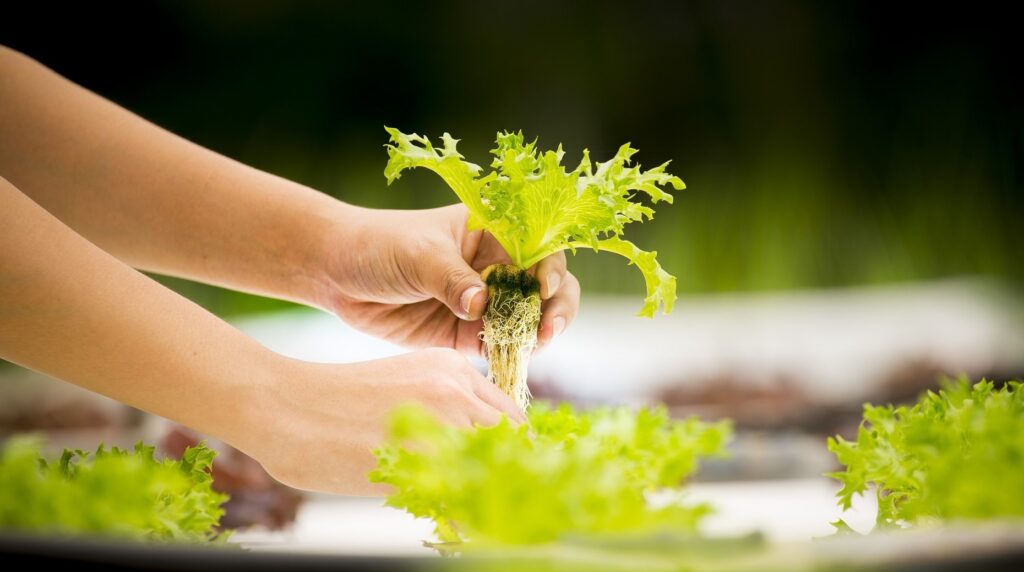
If you want to stay head and shoulders above your competitors or to enjoy your favorite fruits and veggies yearlong, Hydroponics has solutions in it. Further, since you grow the plants in an enclosed environment, you can keep the plants safe from pests, and obviously, you don’t have to use harmful pesticides. The only thing that you have to provide is sufficient artificial lights for the plants and adequate nutrition via roots.
Improved harvests.
Usually, in hydroponic gardening, the plants get the necessary nutrients, light, and water. As far as you provide those elements to the plants, you can expect a yield that is 200 times more than traditional farming methods. That is the norm; the numbers can go beyond that region if you properly care the plants.
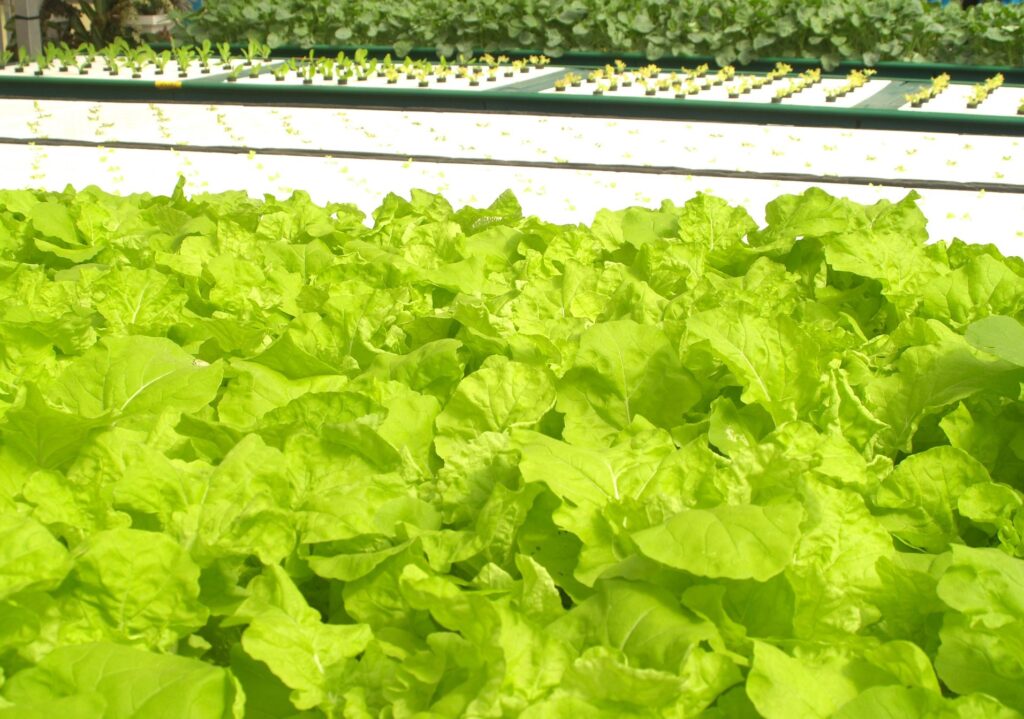
High-quality yields.
It is a well-known fact that hydroponic farming permits high-quality yields. Have you ever wondered how you receive fruits and veggies in the off-seasons so fresh? Yes, of course, there is a slim possibility that those foods are coming from hydroponics farms. But, the majority of the world population doesn’t get this luxury.
What happens is that farmers pick the harvest way before the normal timelines, and they artificially make the fruits and veggies ripe in the warehouses or some part of the supply chain. At the end of the day, you consume unnatural and unhealthy food. As we described in the climate section of the article, you can eliminate this risk in Hydroponics.
Also Read: Importance Of Gardening | Explained.

![What is Hydroponic Gardening? [Advantages of Hydroponics] What is Hydroponic Gardening, and Advantages of Hydroponics](https://tipbeing.com/wp-content/uploads/2021/05/What-is-Hydroponic-Gardening-Advantages-of-Hydroponics-1024x683.jpg)
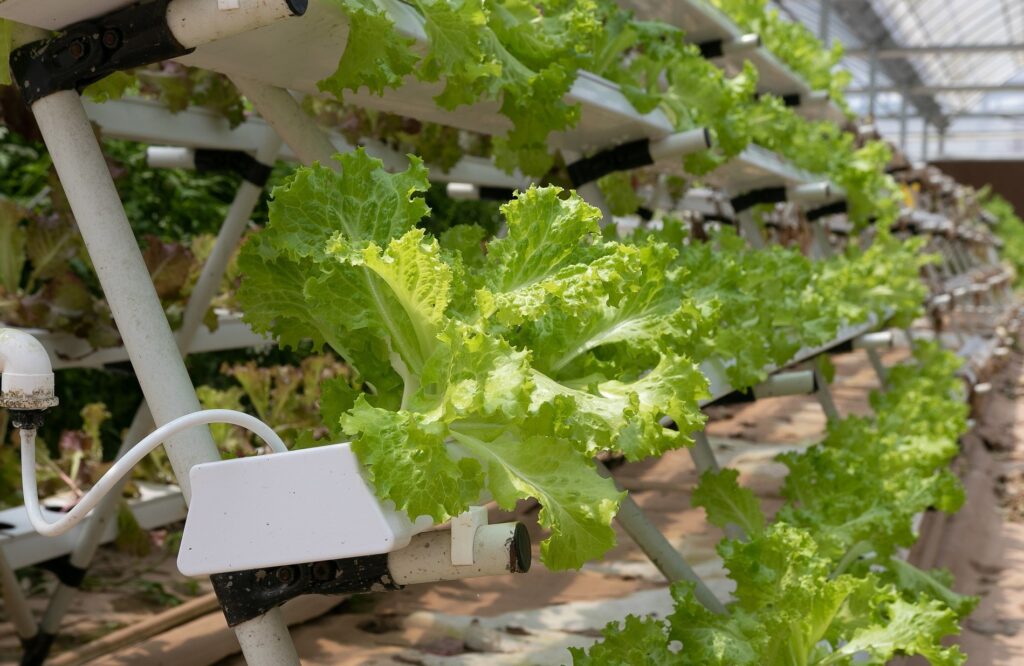
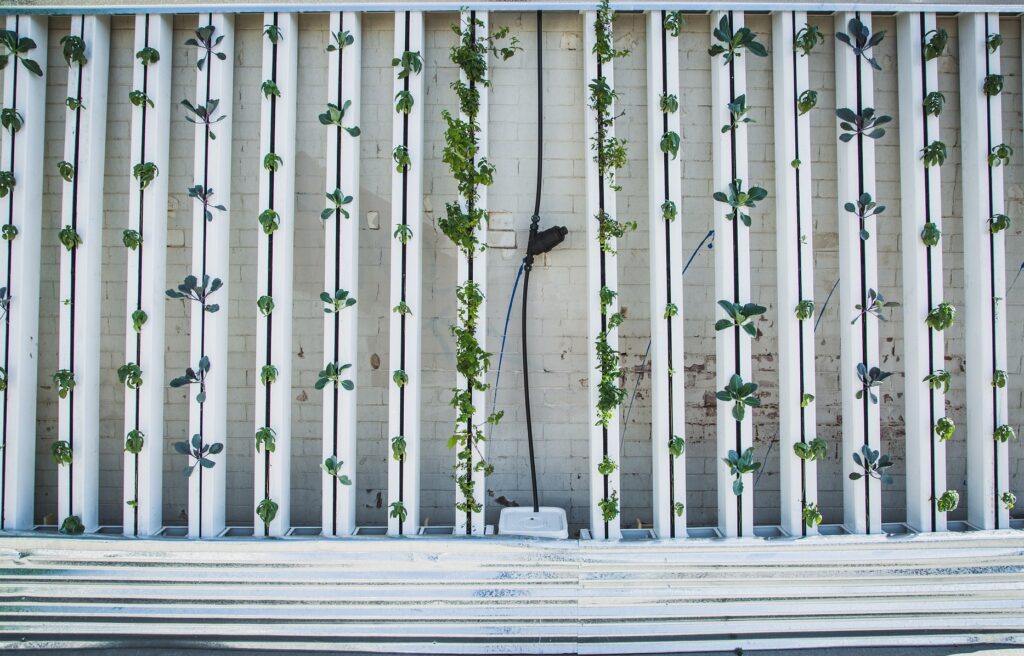
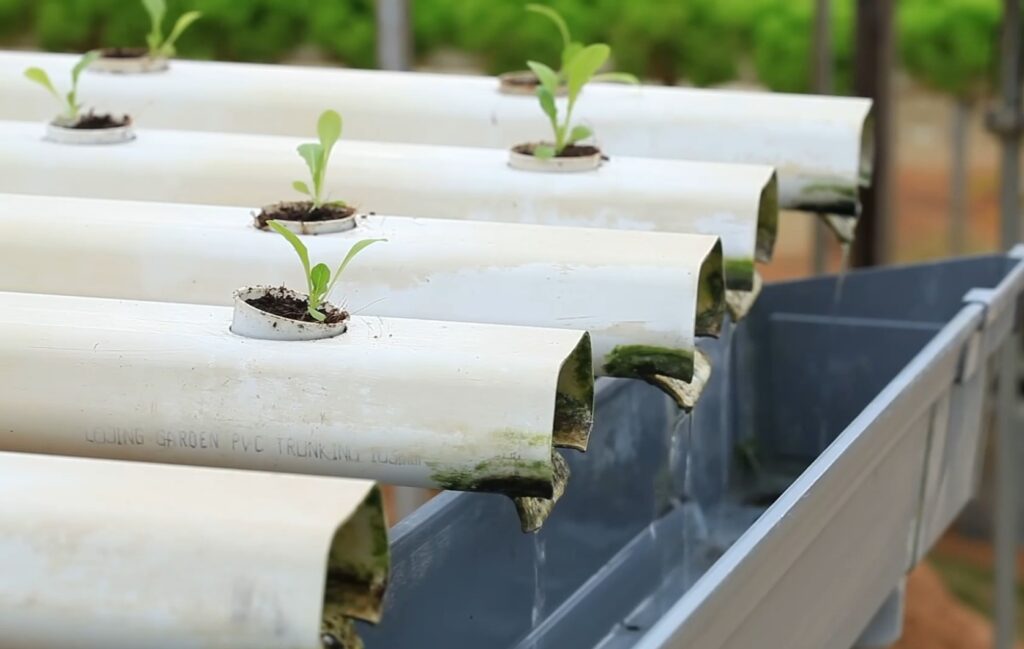
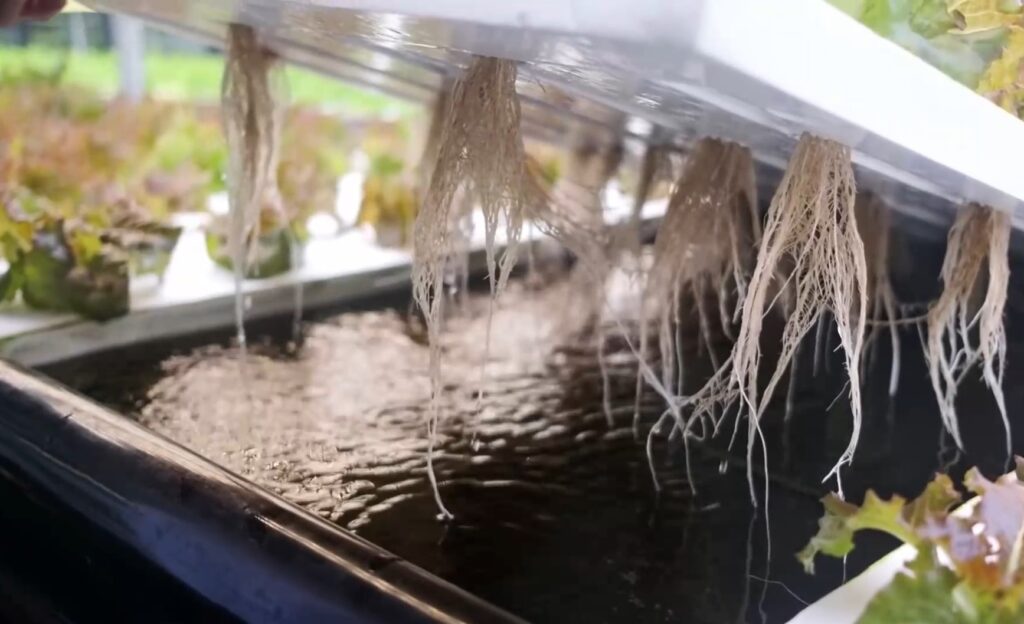

![How to Wear High Heels safely [Must Read Article for High Heel Enthusiasts]](https://tipbeing.com/wp-content/uploads/2021/05/How-to-Wear-High-Heels-safely-Must-Read-Article-for-High-Heel-Enthusiasts-150x150.jpg)





![Gardening Knee Pads Guide [2024] – Importance, Major Factors & Alternatives Explained Everything You Need to Know about Gardening Knee Pads](https://tipbeing.com/wp-content/uploads/2021/07/Gardening-Knee-Pads-–-Everything-You-Need-to-Know-270x180.jpg)
1 Comment
Pingback: Is it Possible to Grow an Indoor Bonsai Tree? [Explained in Detail] | Tip Being 2021